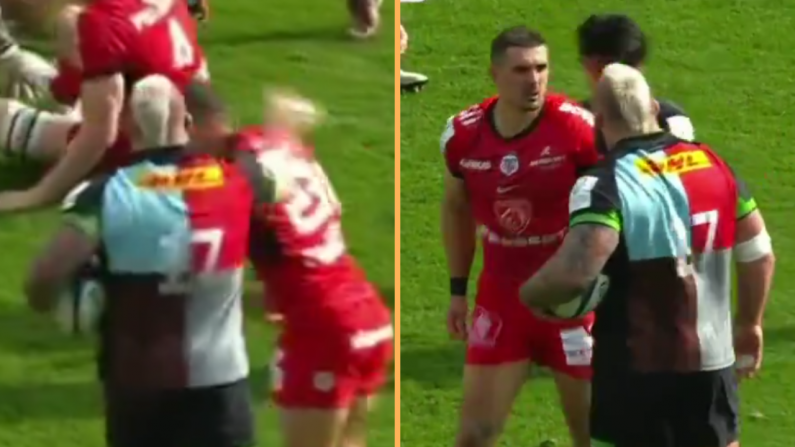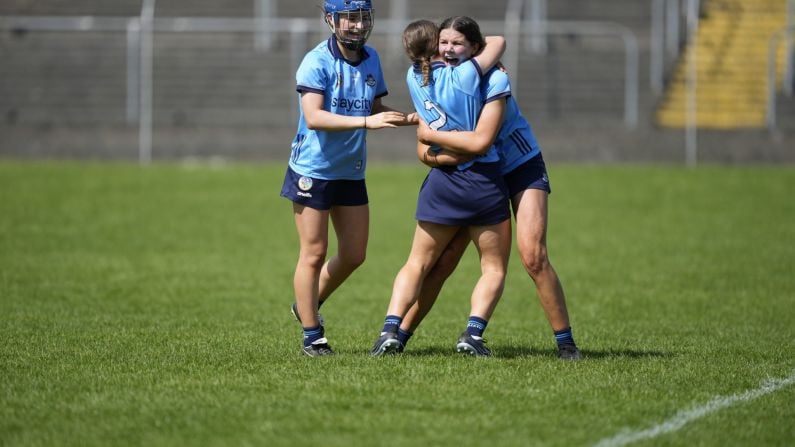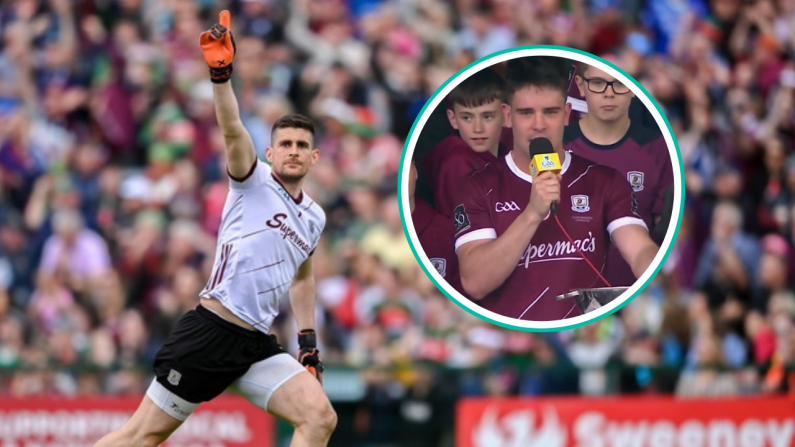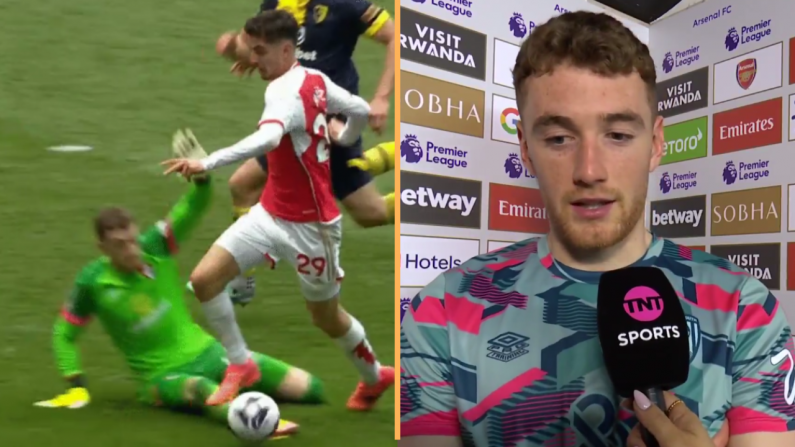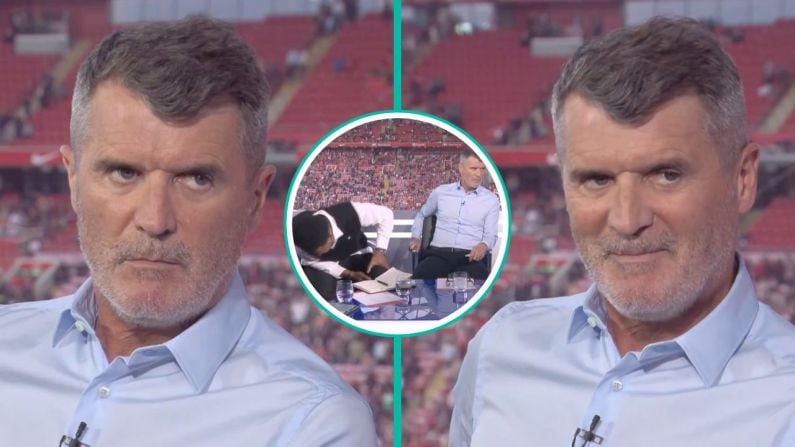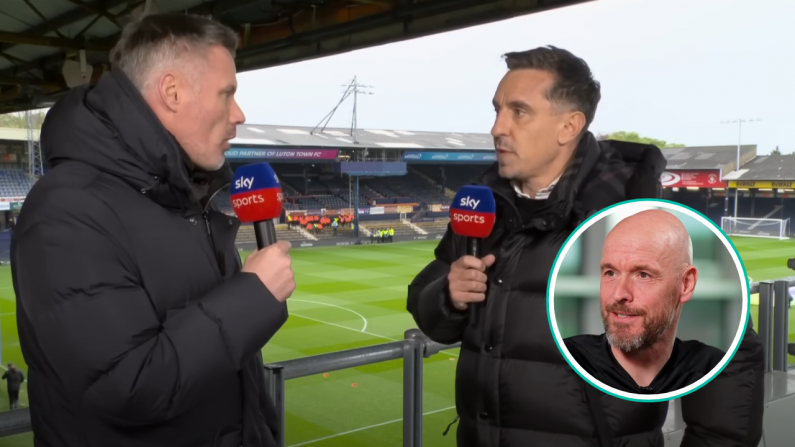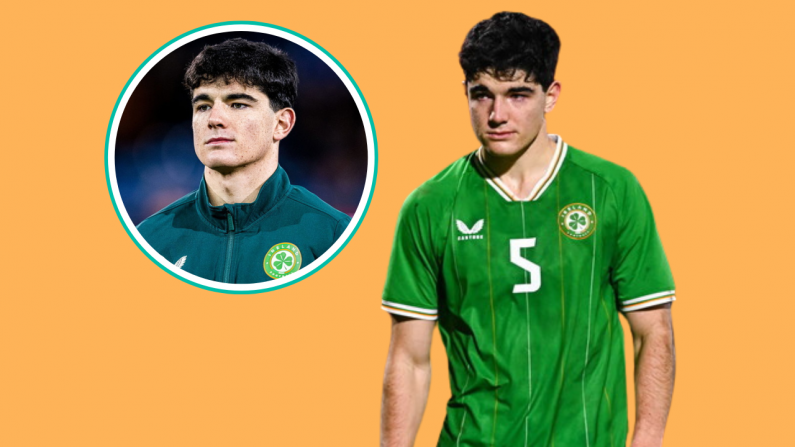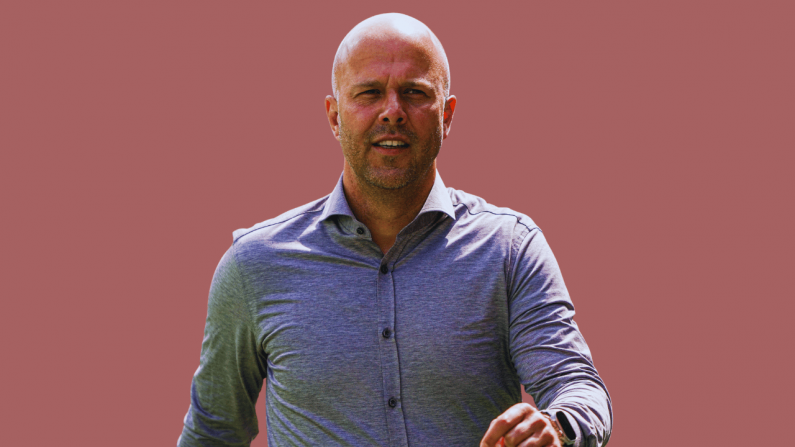In 2015, Conroy Consulting conducted a report into the League of Ireland, analysing a wide range of topics regarding the running of the League with the end goal of coming up with ways in which the clubs and the League could move forward.
One point the report made concerned the reliance on dedicated volunteers to keep the game going at grassroots level.
Every club depends heavily on access to volunteers, but in the majority of cases there simply aren’t enough, while by self admission a number of clubs have mentioned ‘fatigue’ as also being a factor for many long serving people in the game resulting in a decrease in drive.
However, while the report addressed the strain on volunteers, it made some interesting remarks about the benefits of fan ownership-or at least fan-heavy involvement in the running of the club-and the upsides of improved community engagement from the club.
Some clubs, notably those with very strong supporter involvement and/or ownership have developed very strong structures and networks of 'qualified' volunteers who assist in the administration of the club. These clubs using this supporter and community connection - be they in ownership terms or otherwise - are demonstrating that access to a network of experts in activities such as community relations, marketing and promotions, commercial and financial, and operations is possible and can be beneficial. Clubs without this spider web of qualified volunteers are struggling to manage all these key aspects of club administration optimally.
While it acknowledged that sporting success was "the single biggest potential catalyst for short term financial success"-highlighting UCD's economic gains from their Europa League qualifiers run in 2015-the paper stressed that community should be "at the heart of every club's activities" and that currently the community efforts of most clubs "are not sufficient to make a real and lasting impact on its potential to be more commercially successful and sustainable in the longer term."It stated that clubs with fan ownership or heavy fan involvement have "the best base from which (a community-based) ethos is either already grounded or can be developed and the evidence would suggest that these clubs are relatively more successful in this area.”
Community. Fan involvement. These are the buzzwords of those who are passionate about revitalising Irish domestic football. Back in March, on a cold evening at UCD's Belfield Bowl, Waterford United manager Roddy Collins, aglow from a fine away victory in front of unbendingly passionate away support, was keen to stress the importance of the club's "community" ethos.
It’s a community thing, and that’s what we need to build because we do not have the finances of some of the clubs. We have a connection with (the fans) because they are helping us out, they raise funds for us for our buses and that. And I love it. I think it’s so important-because when you win a game, they share it with you. And when you lose a game, they understand it with you. And the most important thing is that you give 100% effort. Like the fans-they gave 100% from start to finish.
Collins’ point about the importance of the community and the fans to the maintenance of the League of Ireland is reflected in the fact that half of the clubs in the SSE Airtricity League Premier Division in 2016 are currently fan-owned.
When the topic of fan-run clubs comes up, thoughts generally turn to Germany. The German '50 plus 1' model is often referred to by fans who are sick of the English football model and the lack of input fans have regarding clubs' decisions. This rule essentially dictates that the supporters must hold a majority and therefore controlling stake in a football club and it is lauded for resulting in lower ticket prices, an absence of 'financial doping' by owners and a stronger connection between professional and grassroots football. Of course, there are detractors of the German model, including Hannover 96 CEO Martin Kind, who feels that clubs are currently restricted from attracting investors and hence creating a more competitive league. And any notions that corporate influences don't touch German football need only look at ‘Red Bull’ climbing into bed with the club now known as 'RB Leipzig'. But generally German football clubs' greater stability and connection with the fans is acknowledged, and their ownership model has much to do with this (former Bayern Munich president Uli Hoeness once said that the difference between German and English clubs was that in Germany clubs do not "think fans are like cows, who you milk").
And so we return to the League of Ireland. Is there German influence behind fans' efforts to take control of where their beloved clubs are going?
Niamh O’Mahony is a former Cork City board member and is part of the ‘Irish Supporters Network’, which states on its website that its main objectives are to “promote Fan Ownership in Irish football and to give guidance and support to anyone seeking it.” She highlights that outside of Germany and Sweden, where it is a legal requirement, Ireland’s domestic league boasts one of the highest percentages of fan-owned clubs in Europe. This is, O’Mahony says, because “fan ownership...is the most sustainable way for League of Ireland clubs to run.” And she went on to elucidate why Cork City’s controlling fans’ trust, FORAS (Friends of the Rebel Army Society), was set up in 2008 as a new way of running the club.
For us the chance for the community to co-operatively own the club, for the benefit of everybody, provides the ideal stability for the football club to thrive and remember what a football club is supposed to be-which is people getting together to watch football, the development of players, the social aspect of volunteerism, getting people involved, the social side of it.
And Brian Stafford, chair of the Shelbourne FC supporters’ trust (‘The 1895 Trust’) agrees that this community involvement is a key way that clubs-and the League-can grow, pointing out the “hundreds” of kids who tog out every week for Shelbourne who “haven’t been brought into feeling like they are part of Shelbourne Football Club”. Stafford sees fan ownership as “the way of the future” for the League of Ireland; this, he feels, will aid community integration and provide more of a stable base for clubs to grow.
What ‘Shels’ need-and what the League needs-is that stability and the breathing space to be able to grow...to have what, at the moment, are limited enough resources-in terms of actual and human capital-pulling in the same direction.
Stafford references Lee Daly, the previous chair of the 1895 Trust, as the brainchild behind the efforts to instigate fan ownership at the club. Daly cites the nightmare the club endured at the juncture of the 2006 and 2007 seasons as the catalyst for such campaigning. The club had just won the League, but its financial instability and the resultant uncertainty over its future made the title win feel “a bit hollow”. Daly says that there is a fairly simple philosophy at the core of the ‘fan ownership’ model.
If fans are a source of capital and income to you, you need to treat them as you would any other investor, and give them ownership. We (at Shelbourne) have accumulated a sum that we hope will at some point be invested into the club (with) the return of ownership coming out of it-whether it is in part, or whether it is in full...it’s a very simple principle: where you invest, you should be getting equity in return. You should be getting an ownership stake.
Community involvement is at the heart of the ‘fan ownership’ model. At a time when, as Daly admits, “the number of people who care about the League is dwindling”, reliance on volunteers and the community around the clubs is greater than ever. Strengthening the link with local communities and fans, and growing the club as a presence in the area where it is based, appears to be one way of building interest and growth in the clubs and the League as a whole.
And there is no doubt that a strong base of passionate, caring volunteers exists at every club in the League.
Robert Reid is spearheading a supporters’ trust movement at Athlone Town FC, the oldest club in the League, and he sees cause for hope for the League and his club. A large turnout gathered for the inaugural meeting of the Athlone supporters’ trust immediately after the Republic of Ireland vs France game in Euro 2016; this is evidence, Reid suggests, that Town fans “care passionately about their club...it sent a message of intent to the FAI that the Athlone Town supporters’ trust is a viable alternative”. Reid sees fan ownership as the only viable way to regain the support of “disenfranchised” fans who “feel that there is no transparency at the club” and who “want to be involved”. And, like Daly, Reid’s priorities lie primarily with the sustainable maintenance of the football club. On-field results are “of secondary importance”. And there is a common eagerness to emphasize that ‘stability’ is not the same as seeking profit. O’Mahony makes a clear distinction between “motivation to promote football and supporter involvement, versus trying to make money.” Daly jokes that you’re “crazy” if you think you’ll make money out of a League of Ireland club.
But even if fan ownership is suggested as a more sustainable way of running a stable club, increasing community ties and growing a support base, it is no one-stop-shop for fixing the League’s problems. Daly is almost cuttingly realistic when it comes to assessing the difficulty of marketing and improving the domestic Irish game.
It is all well and good trying to mobilise, but when the number of people you are trying to mobilise is quite small, it becomes really hard. It’s the chicken and the egg. On the one hand, there’s certain things you need to try and do to improve the League’s popularity, but on the other, those things are quite hard without the scale of having a lot of people behind you.
Interestingly, however, Daly thinks that part of the cause of dwindling attendances at games is because of the unrealistic expectations of football fans today who are “used to experiencing football as a TV show”. Indeed it is perhaps no coincidence that League of Ireland attendances were supposedly at their largest when live football on television was mainly limited to the FA Cup final.
And while fan ownership may be one partial solution to the League’s problems, Daly highlights the success of Icelandic football as an example of the importance of investment in order to build a successful domestic game.
They’ve got a really high per-capita attendance at their games. The FA there has invested a lot in grassroots facilities. And that’s probably what the League (of Ireland) needs. If you look at a facility like the Aviva, it’s all very well and good for big international games, but it’s proven a bit of a millstone around the neck for the FAI in terms of the debt that’s invested in it.
O’Mahony asserts that any fans refusing to acknowledge a link between the difficulties with the domestic league and the (until recently) struggles of the national team “are mistaken” and that “we have to look at ourselves here, the facilities, how the League is portrayed, how it is marketed, structured.” And, as Stafford tells me, Irish football fans need to be coaxed, rather than dragged, into embracing the League. Stakeholders at Tolka Park, Turners Cross or Athlone Town Stadium aren’t going to attract more punters by “shouting at them and telling them they’re not real fans”.
Whatever the solution, League of Ireland supporters appear to be taking matters into their own hands, with the increase in the number of fan-run clubs looking set to continue.


